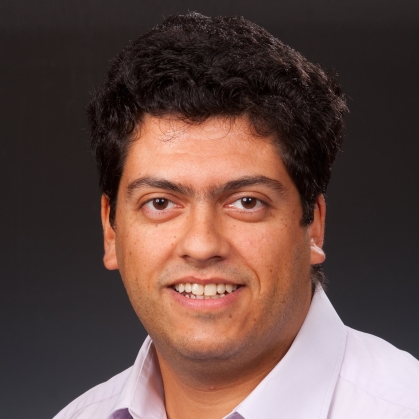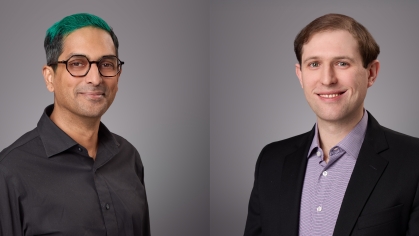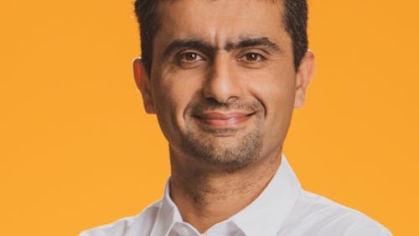Dario Pompili received NSF grant on ML-Assisted Marine Plume Identification using Networked Intelligent Underwater Vehicle Swarms

ECE faculty Dario Pompili received a $1M three-year NSF grant titled "ML-Assisted Marine Plume Identification using Networked Intelligent Underwater Vehicle Swarms". This is a collaboration between Rutgers University (Lead Institution, $625K, PI Prof. Dario Pompili, ECE; Co-PI Roger Wang, CEE) and Woods Hole Oceanographic Institution (WHOI, Partner Institution, $375K).
This project aims to design a Cyber-Physical System (CPS) comprising networked Autonomous Underwater Vehicles (AUVs) to perform Machine Learning (ML)-assisted identification of marine plumes via modeling, multi-AUV coordination and swarming, and dynamic collaboration between AUVs and a Land-based computational cluster. Although ground and air settings have seen the increased use of Internet-of-Things (IoTs) systems, robot swarms, and distributed sensor networks, CPSs remain extremely rare in the underwater domain. To address this and promote the progress of science, this project aims to use an adaptive and intelligent network of heterogeneous AUVs for plume search, classification, and mapping in scientific understanding and forecasting. The ability to sense in real time the ocean is highly beneficial for oceanography and environmental monitoring as well as for national defense/port surveillance and industry, such as aquaculture and oil & gas. This project will help answer the fundamental question of whether there is a correlation between plumes and the presence of gas/oil hydrocarbons. This project will perform sampling/mapping of ocean bottom plumes such as oil spills and chemical release from minerals, which is useful for exploration and extraction of ocean resources or for the monitoring of seabed mineral exploitation activities. This project will provide a better understanding of temporally and spatially limited ocean features, and could well be adapted for sensing other small-scale and dynamic phenomena, such as biological distributions in the water column. Last but not least, this project will develop a pipeline of computer-literate individuals who can solve research-related scientific problems trying to generalize to CPS as a science.
More info on the scope of the project can be found here:
https://www.nsf.gov/awardsearch/showAward?AWD_ID=2437375&HistoricalAwards=false
Congratulations to Dario and the team!

